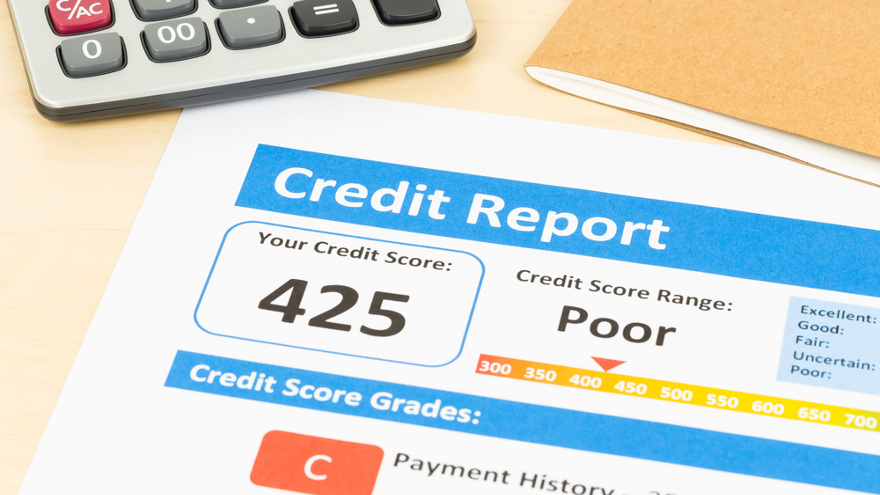Fitch monitoring how recent subprime trends impact overall auto finance performance

By subscribing, you agree to receive communications from Auto Remarketing and our partners in accordance with our Privacy Policy. We may share your information with select partners and sponsors who may contact you about their products and services. You may unsubscribe at any time.
NEW YORK –
Fitch Ratings is keeping a close watch on how subprime auto finance paper is performing in a similar fashion to Equifax and TransUnion.
Analysts indicated that loss frequency and severity ticked up slightly from historically low levels for the largest U.S. auto finance companies, according to the latest U.S. Auto Asset Quality Review from Fitch Ratings.
Excluding General Motors Financial — whose credit performance continues to benefit from a significant portfolio mix shift — Fitch highlighted the average net charge-off rate for finance companies covered in this report increased to 0.95 percent in the fourth quarter compared to 0.92 percent in the closing quarter of 2016.
Likewise, analysts noted delinquencies increased in Q4, with the 30-day delinquency rate ticking up to 3.07 percent as 2017 finished. A year earlier, Fitch pinpointed the rate at 2.86 percent.
“We continue to see a divergence in subprime credit relative to prime credit and expect performance to weaken further in 2018 due partially to the expansion in recent years of less-tenured, independent auto finance companies that have demonstrated higher-risk appetites and less underwriting discipline,” Fitch senior director Michael Taiano said.
Just like Equifax mentioned, Taiano pointed out that underwriting for vehicle installment contracts and leases continued to tighten for banks during the second half of last year — albeit at a more moderate pace — which Fitch views as a credit positive.
Subscribe to Auto Remarketing to stay informed and stay ahead.
By subscribing, you agree to receive communications from Auto Remarketing and our partners in accordance with our Privacy Policy. We may share your information with select partners and sponsors who may contact you about their products and services. You may unsubscribe at any time.
The Fitch expert explained the tighter standards are likely in response to deterioration in used-vehicle prices and weaker credit performance in the subprime segment. After a respite in during the second half of 2017 that was partially due to increased vehicle demand stemming from the hurricanes in Texas and Florida, Fitch expects further deterioration in used-vehicle prices in 2018 to be driven by increases in off-lease vehicles, elevated new-model incentives and tighter subprime financing.
Taiano went on to stress that lower used-vehicle prices will put downward pressure on finance companies’ recovery values and lease residuals, resulting in higher credit losses.
“The outlook in 2018 for auto asset quality is clouded to some extent by macro crosscurrents. Positive indicators including greater household net worth, low unemployment and increased wage growth are countered by rising consumer debt levels, weaker used vehicle prices and rising interest rates,” Taiano said.
The complete report, U.S. Auto Asset Quality Review: 4Q17, is available to premium subscribers at www.fitchratings.com.


